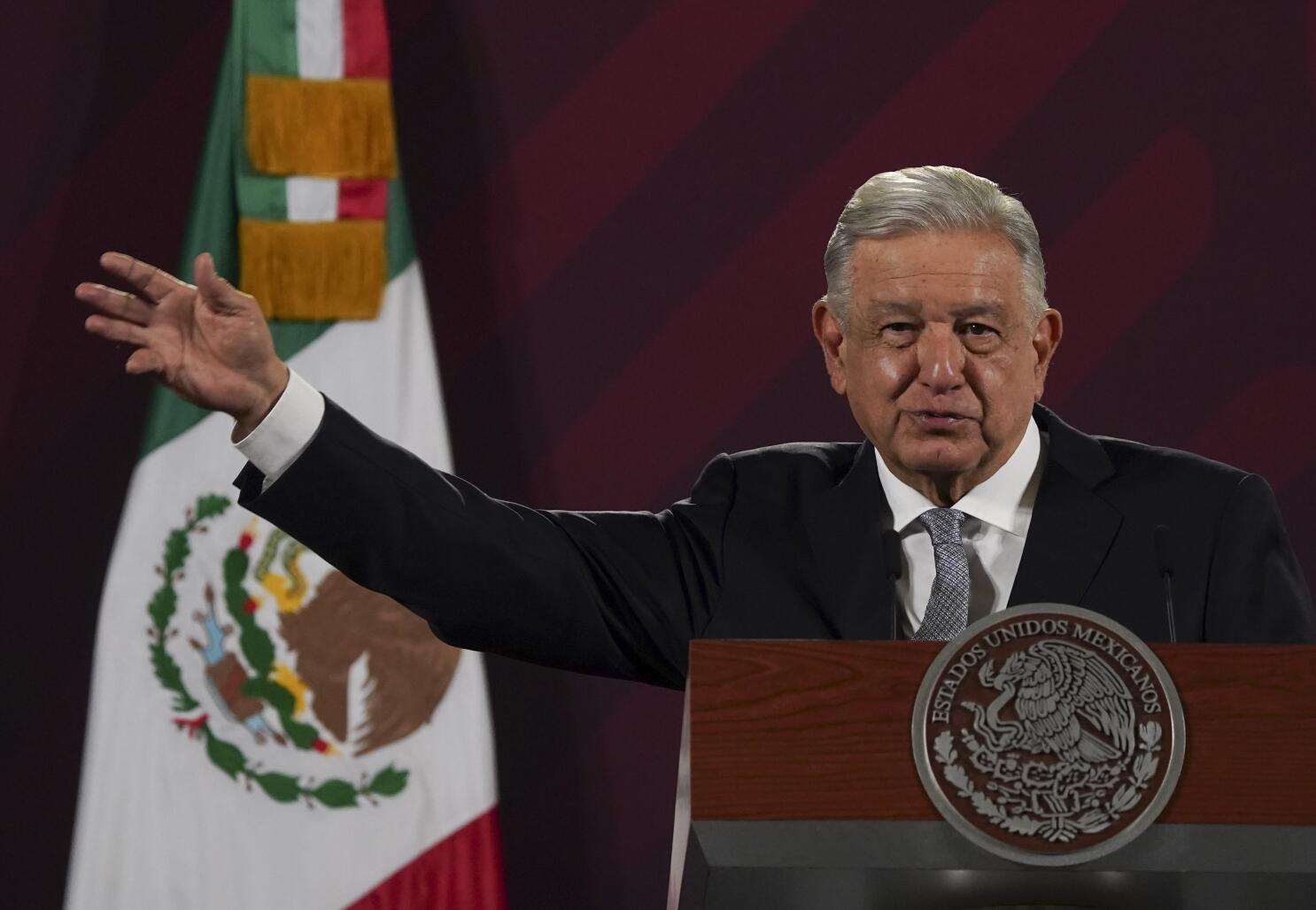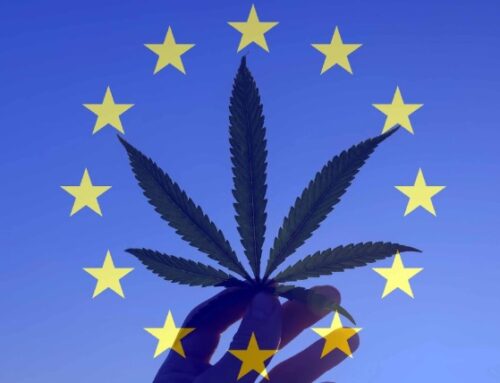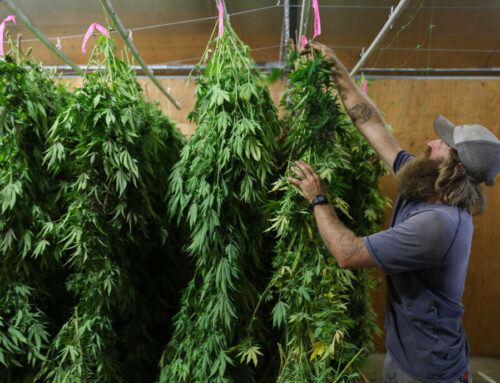Mexico’s President Asserts Sovereignty in Drug Cartel Policy
LOS ANGELES- In a firm rebuff to external pressures, Mexican President Andrés Manuel López Obrador declared last week that Mexico will not engage in combative actions against drug cartels at the behest of the United States. Emphasizing national sovereignty, López Obrador’s stance highlights a broader strategy of non-aggression in dealing with the cartels, underscoring a significant divergence from traditional anti-drug enforcement methods.
During a conference, López Obrador, who has held office since 2018, articulated a clear message: “We are not going to act as policemen for any foreign government,” reinforcing his administration’s “Mexico First” approach. This policy, often summarized as “hugs, not bullets,” aims to address the root causes of drug cartel violence, such as poverty and lack of opportunities, rather than resorting to militaristic crackdowns.
The president’s strategy reflects a historical perspective that views drug issues, particularly those affecting the U.S., as primarily an American problem rather than a Mexican responsibility. However, López Obrador expressed willingness to cooperate with the U.S. to stem the flow of drugs, particularly fentanyl, a synthetic opioid responsible for tens of thousands of American deaths annually, but insists on doing so on humanitarian grounds rather than external dictate.
This stance comes amid investigations by U.S. law enforcement into alleged connections between López Obrador’s allies and major drug cartels, as reported by The New York Times. Despite the gravity of these allegations, U.S. officials reportedly shelved the inquiry, citing a lack of appetite for pursuing claims against a key ally. The Mexican president has categorically denied these allegations, calling on the U.S. to clarify the situation and warning of potential impacts on bilateral trust.
López Obrador’s approach to cartel violence, including proposals for church-led peace negotiations and orders for the military to avoid confrontations with cartel gunmen, has sparked controversy and debate. His sometimes light-hearted comments on cartel activities have also drawn criticism, especially from those living under the shadow of cartel influence.
As Mexico continues to navigate the complex challenges posed by drug cartels, López Obrador’s policies reflect a broader debate on the most effective ways to combat drug trafficking and related violence. With a focus on addressing underlying socio-economic issues and asserting national sovereignty, these strategies mark a significant pivot from the more confrontational tactics of the past, offering a distinct perspective on the international fight against drug trafficking.




































